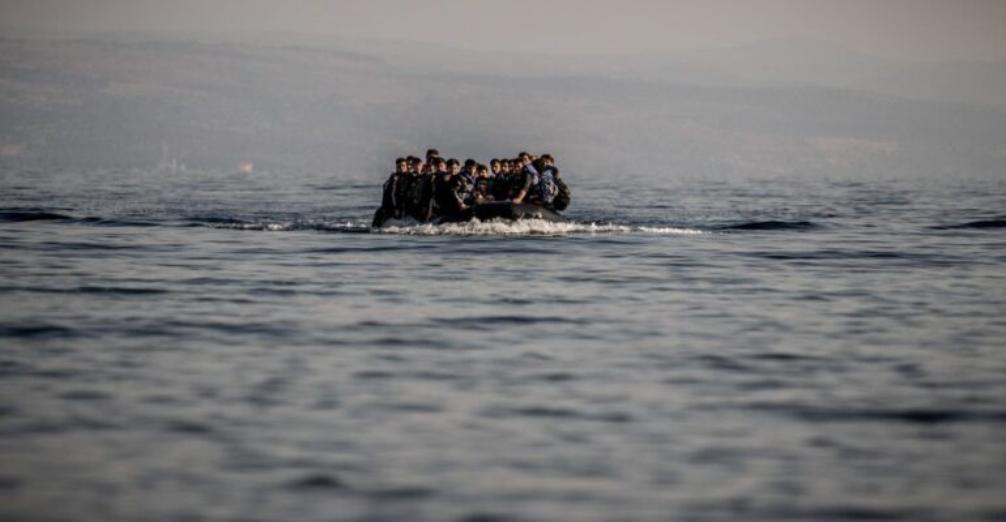The total number of migrants arriving in the EU via non-regular means this year reached at least 355,300 by the end of November, Xinhua news agency quoted Frontex as saying…reports Asian Lite News
Irregular border crossings into the European Union (EU) have dramatically increased this year, the bloc’s border control agency said.
Till November, the number of arrivals has already surpassed full-year totals in any year since 2016, according to data released by the European Border and Coast Guard Agency (Frontex).
The total number of migrants arriving in the EU via non-regular means this year reached at least 355,300 by the end of November, Xinhua news agency quoted Frontex as saying.
Nevertheless, the number of irregular arrivals is slowing, and the balance between different routes is changing. The Central Mediterranean Route, marked by crossings to Italy from Tunisia or Libya, remained the most common means of entry into the EU.
According to Frontex, this route accounted for around 43 per cent of all arrivals, at more than 152,000, an increase of 61 per cent compared to last year.
Meanwhile, the UN Refugee Agency put this figure at just over 153,000 through Sunday. The Western African Route — from the west coast of Africa to Spain’s Canary Islands — has seen the largest increase, rising by 116 per cent compared to the same period a year ago.
In November, arrivals on the Western African Route were up by 500 per cent compared to the same month in 2022, Frontex reported.
However, the Western African Route still sees relatively low traffic numbers, accounting for just over 9 per cent of total arrivals. In the first 11 months of this year, there were 32,400 landings.
Other routes into Europe have seen declines in arrivals, Frontex said.
The Western Balkan Route has seen arrivals fall by 28 per cent this year, while the Western Mediterranean Route from Morocco to Spain has seen the number of landings decrease by 2 per cent. Arrivals via the Eastern Land Border have declined by 10 per cent.
Frontex cautioned that its figures are not comprehensive, since they only include migrants processed by government officials, and not those who enter the bloc undetected. An individual could also be counted more than once if they re-entered the EU after being expelled. Most of the irregular arrivals this year came from Syria, Guinea, and Afghanistan.

